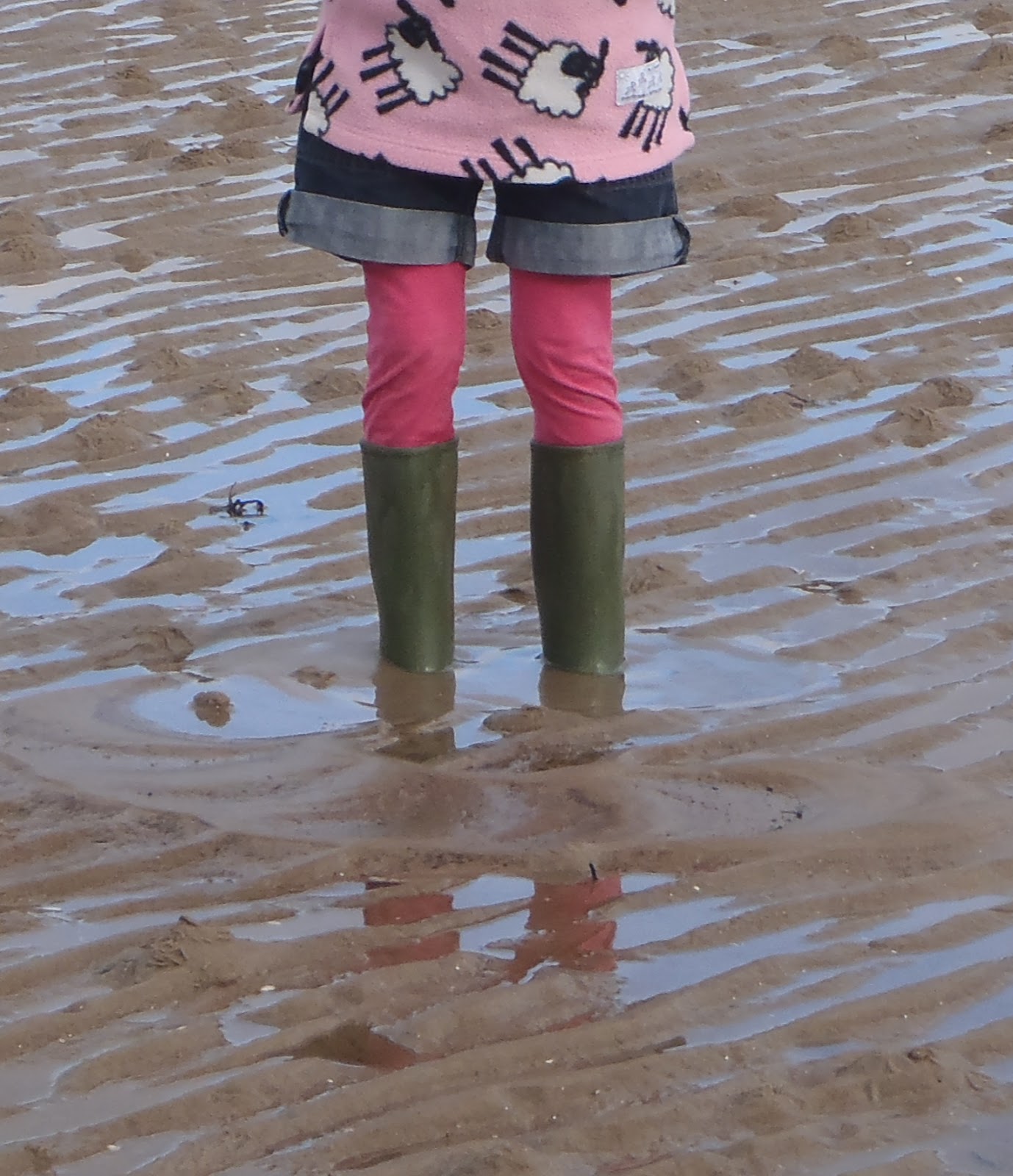If this isn’t the best view in the world... then I challenge you to
prove otherwise -
Perhaps I'm biased, but in case you don't yet agree here's more ...
I say 'one of' because when middle daughter gets back from her grandparents with her phone, I can download a picture of THE best view in the world. And yes, I am 100% biased. 100% a Scot at heart. 100% passionately in love with the west coast of Scotland. Aren't we all just a little bit nostalgic about the place we grew up? And doesn't nostalgia sometimes blur into a deep passion?
Here's more ...
Add wellies; sea-shell-gathering ...
... and crab hunting;
squealing oystercatchers in conversation with squealing Littlest; “sinking
sand!!”...
... and sea “anenomenomees.”
Flashbacks to my own childhood – running down silver
sand-dunes; carrying BBQ and picnic and drinks; swimming towels; cricket bats
and balls; long-treasured friends now far-flung with their own children – and
wondering if a part of me is forever here and can I in a too-short, chilly hour
instil a bit of my love for this life-affirming place into two of my children?
Think I did ..
Probably not necessary, but here's more evidence in support of the claim that Scotland has the 'best' views: a bit further north ...
And finally ... the journey home










Comments
Post a Comment